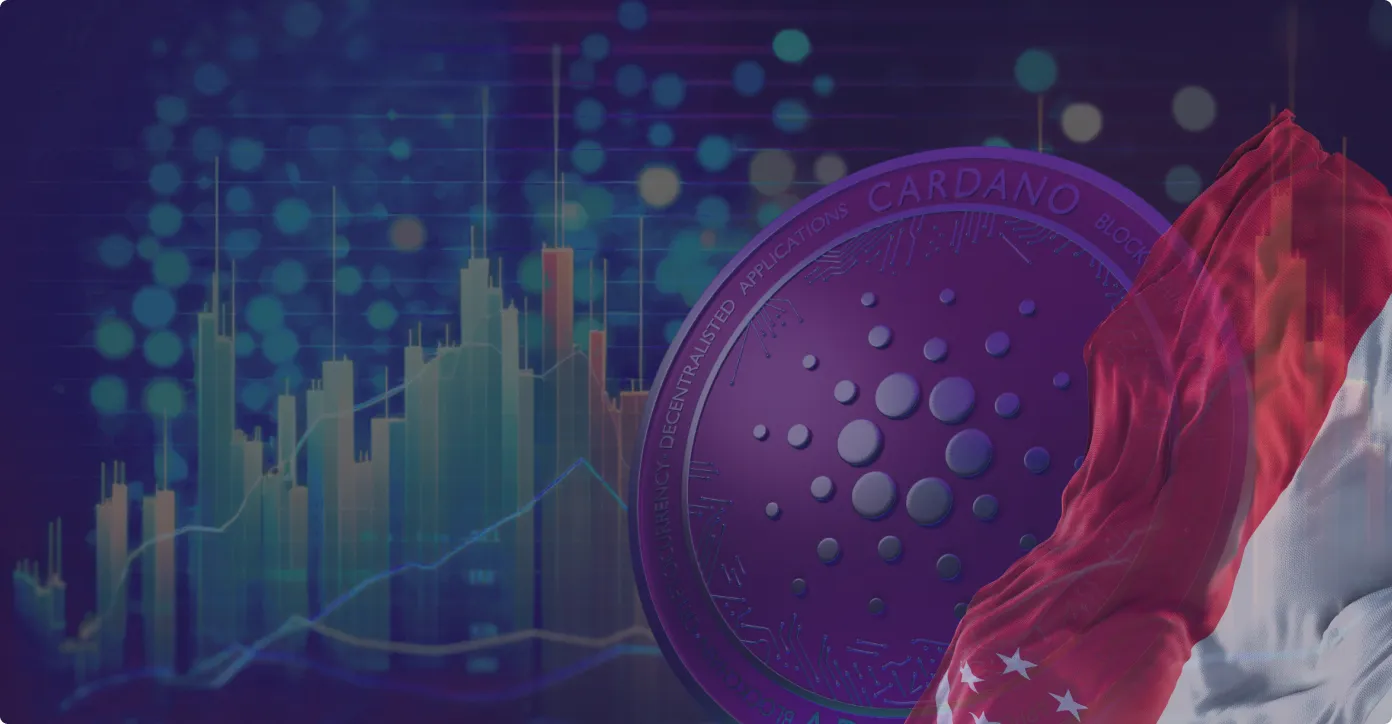International investors see Singapore as one of the best areas to invest in. It is one of the “East Asian tigers“, ranks second in ease of doing business in the world, has the highest credit rating (S&P AAA), with the lowest corruption rate, the legislative system is constantly improving, adjusting to the needs of new digital business. More than 3,000 companies from the United States, Europe, and Asia have opened offices here.
The authorities see the prospect of developing the crypto sector and attracting capital to the country, so they have amended the legislative framework. Financial market regulator the Monetary Authority (MAS) considers the Payment Services Act of 2020 (PSA) as the basis for controlling the crypto sphere. Under which crypto activities in this jurisdiction are subject to licensing. There are 2 types of licenses: SPI (standard payment institution) and MPI (major payment institution). Among Singapore crypto license requirements: registration of a legal entity, presence in the country, and compliance with AML/CTF regulations.
In Singapore, digital currencies are treated as digital tokens and are also subject to the Securities and Futures Act (SFA).
The MAS authorization for investors gives the prospect of tapping Asian markets, including China and Japan.


